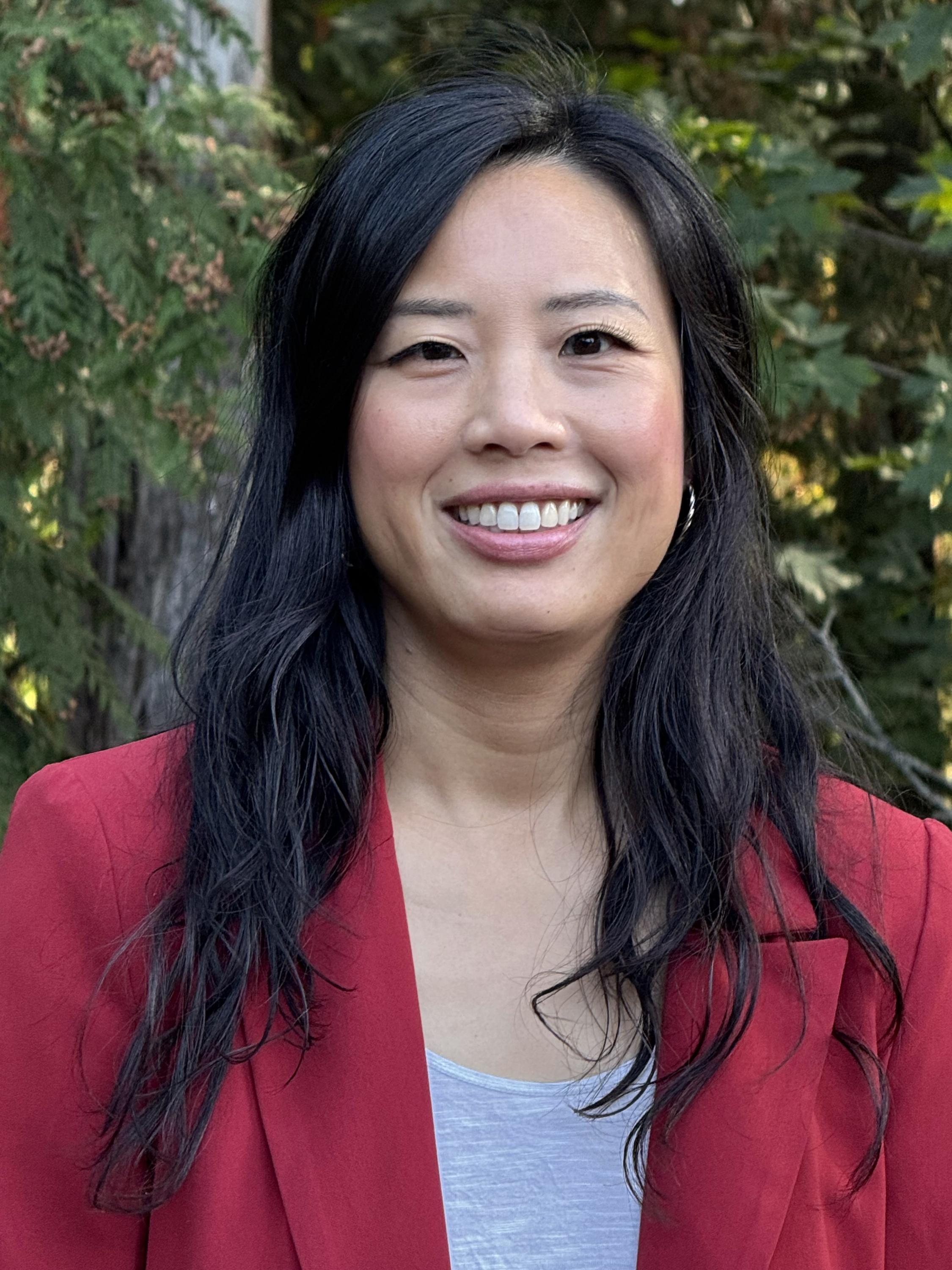Jamie Cho

You are here
Governing Board Vice President Candidate
Throughout my career in early childhood as an early interventionist, inclusion specialist and as higher education faculty, I have worked at the intersection of equity, innovation, and care, values deeply aligned with NAEYC’s mission. I believe NAEYC is uniquely positioned to lead in this pivotal moment, with the power to dismantle oppressive systems and co-create liberatory pathways for children, families, and the professionals who serve them. I am honored to be a candidate for Vice President of the NAEYC Governing Board to help advance this vision.
As a teacher educator, at multiple colleges and universities including Bellevue College, University of Washington and North Seattle College, I design inclusive, equity-centered curriculum that prepare future educators to lead classrooms that are culturally sustaining, identity-affirming, and rooted in justice. Utilizing innovative strategies such as ungrading, translanguaging, and project-based design, students developed advocacy projects, created persona doll stories, and wrote curriculum aligned with the 12 principles of Black Lives Matter at School. These experiences, grounded in reflection and creativity and rooted in social justice, helped build the mindset and skills needed to teach and lead in liberatory ways.
I view reflection as essential to deepening critical consciousness and professional growth. As a teacher educator, my goal has always been to support both in-service and pre-service teachers in embracing their dual role: to provide equitable, responsive instruction in classrooms and to act as advocates for children and families in the broader policy and societal landscape. Aligned with strategic priorities, demonstrated measures of high quality cannot be removed from the context in which this profession is rooted.
Over four years on the board of the Washington Association for the Education of Young Children (WAEYC) as DEIB Chair, Secretary, and Member-at-Large, I have supported and led meaningful systems change. We introduced racial caucusing, expanded multilingual professional development, and centered equity in our webinars and conferences. Our annual conference now includes four language tracks, and we launched the Climate Justice Institute to further broaden engagement and build solidarity across movements. I also led the creation of the Children’s Advocacy and Racial Equity (CARE) Fund, which supports early childhood educators to design and lead their own anti-bias education projects—shifting power and resources directly to the field.
Serving in board leadership has deepened my understanding of nonprofit governance and the complexities of aligning diverse perspectives. I’ve learned to navigate tensions that arise in decision-making with transparency, care, and courage, holding space for dialogue while remaining grounded in the organization’s mission and values. I believe effective governance is about building trust and shared responsibility, especially when equity is at the center of the work.
At the national level, I’ve served for three years on NAEYC’s Affiliate Advisory Council, where I’ve advocated for equitable support structures and named bias when I witnessed it, including during my own interview experience, where I was the only woman of color among a predominantly white group of decision-makers. I consistently elevate the voices of affiliates and push for policies that center the needs of both early educators and the children they serve.
I lead with radical integrity and am always working to align my values with my personal and professional actions. For the past three years, I’ve volunteered as an advocate in a court case involving two elderly survivors of anti-Asian hate. Collaborating with attorneys as a racial equity expert, I helped secure rare 10-year protection orders and raised awareness about the racialized and linguistic biases and barriers survivors face. This work reminded me that advocacy rooted in care must extend beyond classrooms. It belongs in every corner of our communities.
These experiences reflect my broader vision: that truly responsive and culturally sustaining early childhood education requires not only skilled educators, but also systems that honor children’s identities and communities. In this time of deep division and transformation, NAEYC has a critical opportunity: not to return to what was, but to build what has never yet existed. History tells us that our field was constructed within systems of oppression; we cannot let fear dictate the pace of progress.
If elected, I will work to expand NAEYC’s reach to linguistically and culturally diverse communities, strengthen coalitions across the early childhood profession, and advocate for policies that ensure educators are respected, supported, and equitably compensated. I believe that high-quality early learning is inseparable from racial, linguistic, disability and economic justice.
NAEYC has the potential to lead with boldness, integrity, and care. It would be a profound honor to serve on the Governing Board and contribute my leadership, expertise, and lived experience to this work. Together, we can reimagine early childhood education as the foundation for equity, justice, and collective liberation.